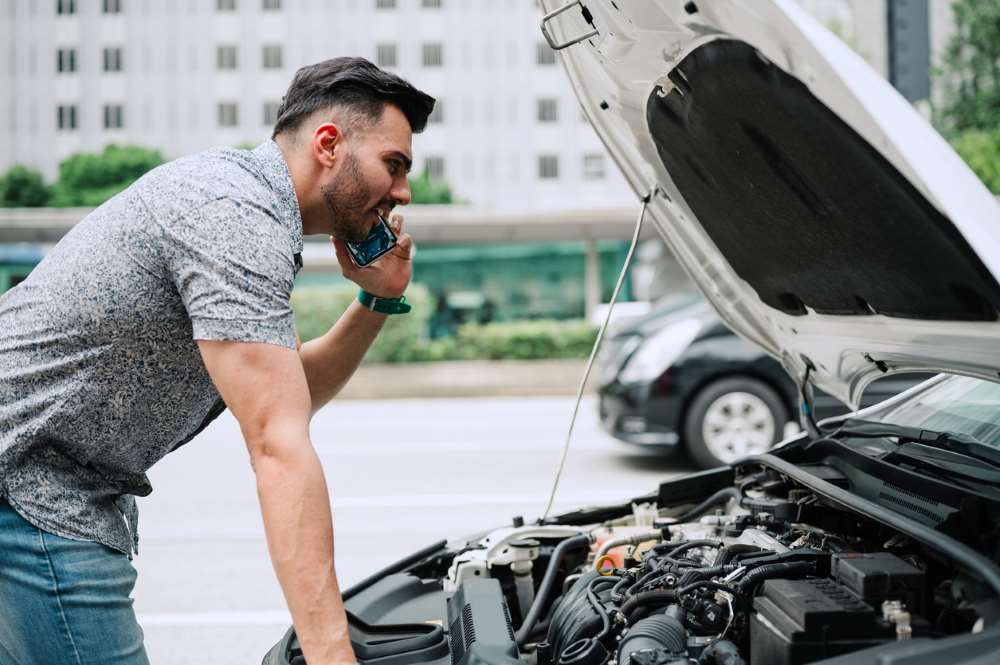
When traveling abroad, many people focus on planning their itinerary, packing, and booking accommodations. However, one crucial detail often overlooked is knowing the local emergency numbers for the country you're visiting. While you may never expect to face an emergency during your trip, having quick access to local emergency services can make all the difference in critical situations. Whether it’s a medical emergency, an accident, or a safety concern, knowing how to reach help can save precious time. In some unfortunate cases, especially when accidents or injuries occur due to negligence, legal help may be required. For guidance in these situations, consulting with a personal injury lawyer can help you navigate your options and ensure you and your family are protected, even while far from home.
Why Local Emergency Numbers Matter
In many countries, the emergency number differs from the standard "911" used in the United States and Canada. In Europe, for instance, the universal emergency number is "112," while in the UK, you can dial both "112" and "999" to reach the authorities. Having this information before you arrive can prevent panic in the event of an emergency. When traveling, you may find yourself in unfamiliar areas, possibly with language barriers that can make finding help even more difficult. Having local emergency numbers stored in your phone or written down ensures that you can respond quickly and effectively, even when communication is challenging.
Types of Emergencies You May Face While Traveling
No matter how well you plan your trip, unexpected emergencies can happen. It’s vital to be prepared, especially in the following situations:
-
Medical Emergencies: Whether it's a sudden illness, injury, or allergic reaction, quick medical assistance is key. Local emergency medical services can be reached immediately by calling the local number, which could be a lifesaver in a dire situation.
-
Natural Disasters: Earthquakes, floods, and hurricanes can occur unexpectedly, especially if you’re traveling to an area prone to such events. Knowing who to contact in a natural disaster ensures you can quickly get the latest updates, shelter information, and evacuation routes.
-
Accidents and Crimes: Traffic accidents, theft, or assaults can happen when you least expect it. By having the local police number ready, you can report crimes and accidents faster, and begin any required legal or medical steps without delay.
How to Find Local Emergency Numbers Before You Go
Before you leave for your trip, spend some time researching the local emergency numbers for your destination. Here are a few ways to make sure you're prepared:
-
Research Before You Travel: The first step is to look up the emergency numbers for the country or countries you're visiting. Many travel websites, government advisories, and guidebooks will include this information.
-
Check with Your Hotel or Accommodation: If you forget to research before your trip, ask the hotel staff for emergency contacts upon arrival. They should provide you with numbers for local medical services, police, and fire departments.
-
Use Travel Apps: Many travel apps and safety apps, such as Smart Traveler, provide local emergency contact information for various countries. These apps can also provide real-time updates in case of an emergency in the area.
-
Embassy or Consulate Assistance: In case of extreme emergencies or legal issues, your country’s embassy or consulate can also be a valuable resource. Be sure to note their contact information as well.
What to Do in an Emergency While Abroad
If an emergency does occur while you’re traveling, having local emergency numbers ready is just the first step. Here’s how to make sure you’re handling the situation effectively:
1. Stay Calm: In any emergency, it’s important to remain calm and composed. Panic can cloud judgment and make it more difficult to take necessary action.
2. Call the Correct Number: Once you know the correct local emergency number, call immediately. Be sure to state the nature of the emergency clearly and provide as much detail as possible, such as your location and any injuries involved.
3. Communicate Clearly: If there’s a language barrier, try to communicate using basic phrases or have translation apps at the ready. Some emergency services may also have English-speaking operators available, but it’s good to have tools like Google Translate handy.
4. Follow Local Procedures: Different countries may have unique protocols for handling emergencies. Follow the instructions given by the emergency services to the best of your ability.
5. Seek Medical or Legal Advice: After the immediate crisis is handled, it may be necessary to seek further medical care or legal help, depending on the situation. In the case of accidents or injuries caused by negligence or dangerous conditions, contacting a local legal professional, or working with an attorney familiar with international personal injury claims, can help protect your rights.
Being Proactive About Safety
Knowing local emergency numbers is part of being proactive about your safety while traveling. Here are a few more proactive tips to ensure your safety:
-
Purchase Travel Insurance: This can cover medical emergencies, trip cancellations, or lost luggage. Many insurance providers offer emergency assistance services, which include helping travelers connect with local emergency services.
-
Stay Informed: Pay attention to any local news or government advisories about safety risks, such as civil unrest, natural disasters, or crime trends, in your destination.
-
Keep Your Phone Charged: A dead phone in the middle of an emergency is not ideal. Carry a portable charger or extra battery pack to make sure you can always call for help when needed.
Travel is all about adventure, but it's important not to overlook the practical steps needed to stay safe. Knowing the local emergency numbers for your destination can help you act swiftly in critical moments, whether you're facing a medical issue, natural disaster, or criminal situation. Be prepared, stay calm, and seek the necessary help when needed.



























